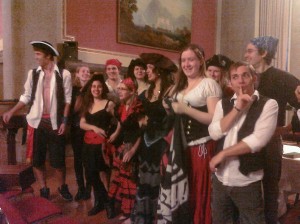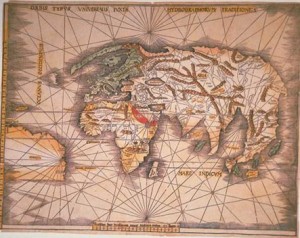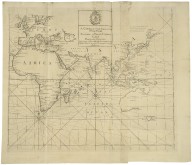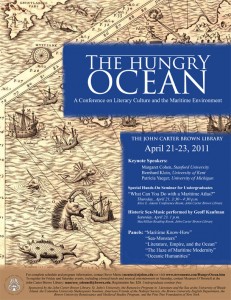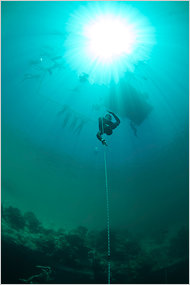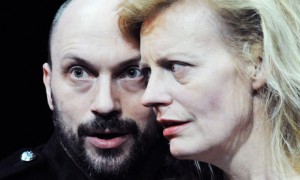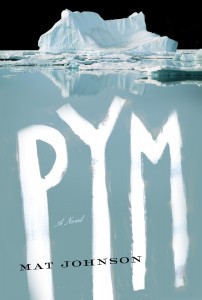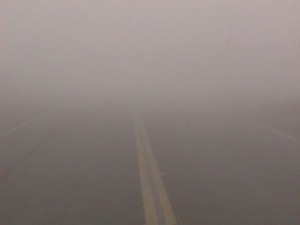 Driving home from the Hungry Ocean on Sat night, I ran into dense fog that got me thinking. At the Folger last summer and then again at MLA in Jan, I described the basic features of the ocean as being opaque, being hungry, and being transformative. The fog, which Margaret Cohen’s talk reminded us is an ocean also, reveals a slightly different maritime property: distortion.
Driving home from the Hungry Ocean on Sat night, I ran into dense fog that got me thinking. At the Folger last summer and then again at MLA in Jan, I described the basic features of the ocean as being opaque, being hungry, and being transformative. The fog, which Margaret Cohen’s talk reminded us is an ocean also, reveals a slightly different maritime property: distortion.
You cannot see out far, you cannot see in deep (to butcher Robert Frost’s great poem), and when you’re inside fog you lose perspective. Everything is up close, soon lost, shifting. It’s a great metaphor for post-conference speculative swirling. Good thing I had lines to follow on the pavement.
Might the sea’s first property be a distorting lens rather than a cultural mirror? So that oceanic attraction builds through the lure of difference and change? What might this do to any utopian glosses we’re tempted to give to the sea? If it’s distortion all the way down…
Fog is different from ocean in that it’s a mixture of water and air, and it’s, in most places, the exception, not the rule.
It makes me think of the foggy conclusion of Thomas Pynchon’s latest, Inherent Vice. 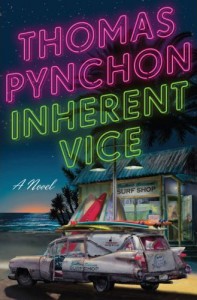 Doc’s heading south on the Santa Monica Freeway when the fog “began its nightly roll inland.” It insinuates him out of LA into a Pynchonist vision —
Doc’s heading south on the Santa Monica Freeway when the fog “began its nightly roll inland.” It insinuates him out of LA into a Pynchonist vision —
At first the fog blew in separate sheets, but soon everything grew thick and uniform till all Doc could see were his headlight beams, like eyestalks of an extraterrestrial, aimed into the hushed whiteness ahead, and the lights on his dashboard, where the speedometer was the only way to tell how fast he was going.
In the “hushed whiteness” Doc and his I-405 buddies form a “temporary commune” on his way south toward Gordita Beach. The ending amounts to an understated plea for oceanic transformation, when, perhaps, all that’s on offer is distortion —
Doc figured if he missed the Gordita Beach exit he’d take the first one whose sign he could read and work his way back on surface streets. He knew that at Rosecrans the freeway began to dogleg east, and at some point, Hawthorne Boulevard or Artesia, he’d lost the fog, unless it was spreading tonight, and settled in regionwide. Maybe then it would stay this way for days, maybe he’d have to keep driving, down past Long Beach, down through Orange County, and San Diego, and across a border where nobody could tell anymore in the fog who was Mexican, who was Anglo, who was anybody. Then again, he might run out of gas before that happened, and have to leave the caravan, and pull over on the shoulder, and wait…. For the CHP to come by and choose not to hassle him. For a restless blonde in a Stingray to stop and offer him a ride. For the fog to burn away, and for something else this time, somehow, to be there instead.
Is Pynchon asking for more ocean here? Or less?
